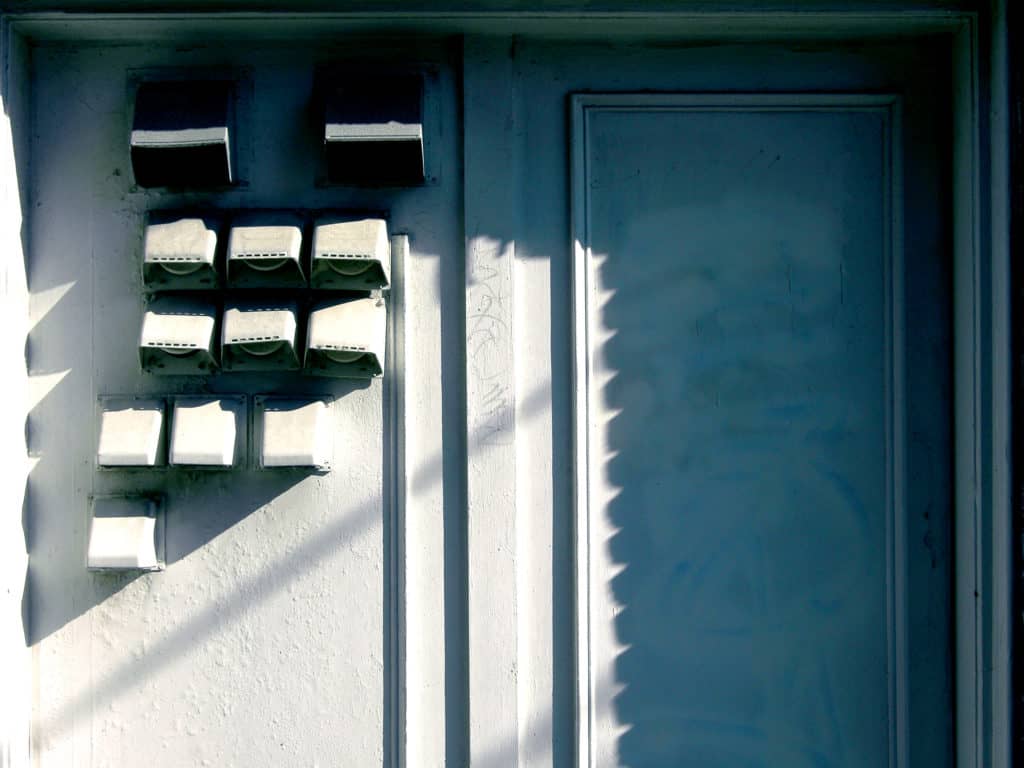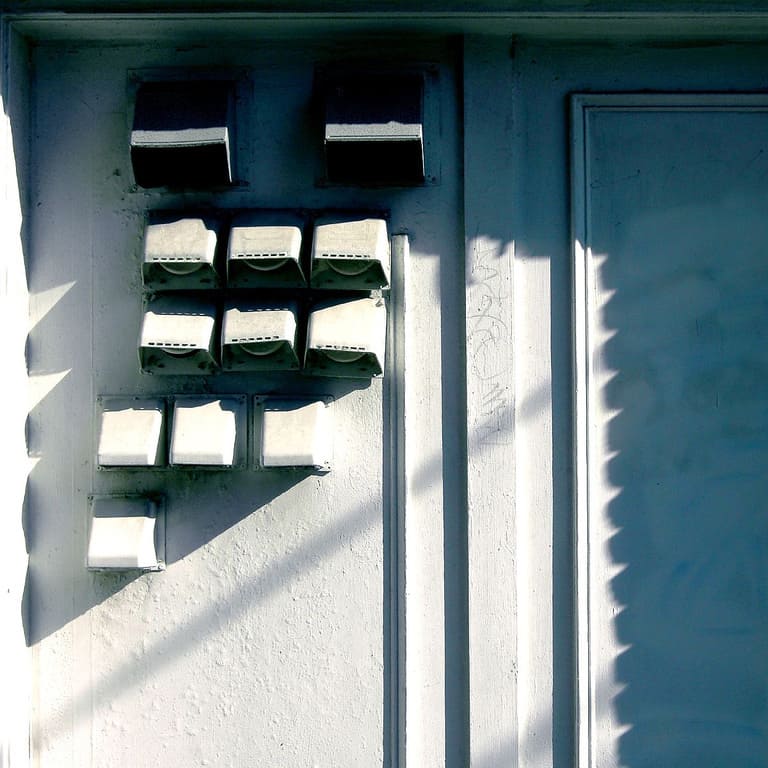Mercy is not enough. Justice is also required. Mercy is a doorway to more: just and healed relationships, a society of peace, and a wholeness for both the recipients and the givers of mercy.
Originally published in Urban Perspectives, July 2009; used with permission.

Compassion is a dangerous thing. It can open a person to all manner of risks. It has caused reasonable people to make extravagant heart-decisions, like spending untold hours collecting supplies to assist flood victims, or journeying into harm’s way to feed starving refugees. Some have even left successful careers to devote full time to a cause that has gripped their hearts. Compassion is a powerful force within the human spirit, a stamp of the Divine nature. It lies within us all — from tender child to hardest criminal — waiting for the right trigger to set it off. A bird with a broken wing, a lonely widow whose family and friends have moved on, a child orphaned by a terrorist car bomb. For me it was fatherless boys growing up on mean streets with little chance of escaping the deadly undertow. So strong was that force within me that it caused me to leave a budding business career, depart my secure surroundings, and move with my family into the inner-city.
Compassion beckons us into unexplored territory. Most often it ushers us into a world of pressing human need — the destitute needing food and clothes, the homeless needing shelter, the refugee needing a connected friend. In my case it was attention-starved boys. I forged friendships with them in all sorts of male-grabbing ways — mini-bike riding, cave exploring, deep sea fishing — enticing rewards for good grades and for staying out of trouble. My friendship was the medium for showing them that they were highly valued, yes loved, by a God who care-fully created them and desired for them to know Him personally.
Some call this “mercy ministry.”
But in time, that compassionate impulse that compels one toward acts of mercy will inevitably collide with an ominous, opposing force — injustice. Against this dark, daunting force, acts of mercy can sometimes seem meager. What good is a sandwich and a cup of soup when a severe addiction has control of a man’s life? Or a night in a shelter for a young woman who must sell her body to feed her child? Is there no treatment program to address the addiction? Is there no job training that leads to legitimate employment? Mercy inevitably points the way to justice. Building relationships with street kids seemed so right, yielded so many positive changes, until young boys became young men and faced survival on their own. Immediate cash took precedence over school attendance. Basketball and adventure trips did little to enhance their earning capacity. Bible studies did not get them jobs. I watched helplessly as one by one my young friends were pulled under by the survival ethic of the street. Mercy alone is insufficient.
Perhaps that is why scripture places equal emphasis upon both mercy and justice. The ancient prophet Micah succinctly states Yahweh’s desire:
“He has told you, oh man, what is good and what the Lord desires of you—that you love mercy and do justice and walk humbly with your God.”
Love mercy. Mercy is “compassion, kindness or forgiveness shown especially to someone a person has power over.” Do justice. Justice is “fairness or reasonableness, especially in the way people are treated or decisions are made.” Twinned together these commands lead us to wholistic involvement. Divorced they become deformed. Mercy without justice degenerates into dependency and entitlement, preserving the power of the giver over the recipient. Justice without mercy grows cold and impersonal, more concerned about rights than relationships. The addict needs both food and treatment. The young woman needs both a safe place to sleep and a way out of her entrapping lifestyle. Street kids need both friendship and jobs.
Mercy that doesn’t move intentionally in the direction of development will end up doing more harm than good—to both giver and recipient.
Mercy is a door. It is an opening, an invitation to touch and be touched by a life, to make a difference. But it is not a destination. Get stuck in doing mercy ministry and we will find ourselves growing impatient with the recipients of our kindness, wondering why they don’t help themselves more, feeling a growing discomfort with the half-truths they tell us to justify their persistent returns. Mercy that doesn’t move intentionally in the direction of development will end up doing more harm than good—to both giver and recipient.
Mercy is a door. It is a portal through which we catch a glimpse of the heart of God. A gentle tug on our heartstrings draws us in. But soon we encounter brokenness so overwhelming that neither the tender hearted nor the inventive problem-solver feel up to the task. Our solutions fall short. Pathologies are too deep, poverty too entrenched. And we descend into our own poverty, a poverty of spirit, a crisis of confidence in our own abilities to rescue. We are tempted to withdraw, to retreat to a more manageable world. Yet our hearts constrain us. Or our guilt. We feel trapped. And, like the broken, we find ourselves calling out to God for answers. When our best efforts have failed us, we are left with nothing to cling to but frail faith. In a strange twist of divine irony, those who would extend mercy discover that they themselves are in need of mercy.



4 thoughts on “When Mercy and Justice Collide”
This is an excellent article, and I would like to print it in my church newsletter. How do I gain permission for that?
Wonderful to hear that you liked it. You can contact Robert Lupton himself and ask for his permission at https://fcsministries.org/contact-us/.
Bob Lupton says: “Absolutely! Tell anyone they are free to reprint any of my writing.”
Excellent article – truth that drives us to our knees. God show us how to work for justice.